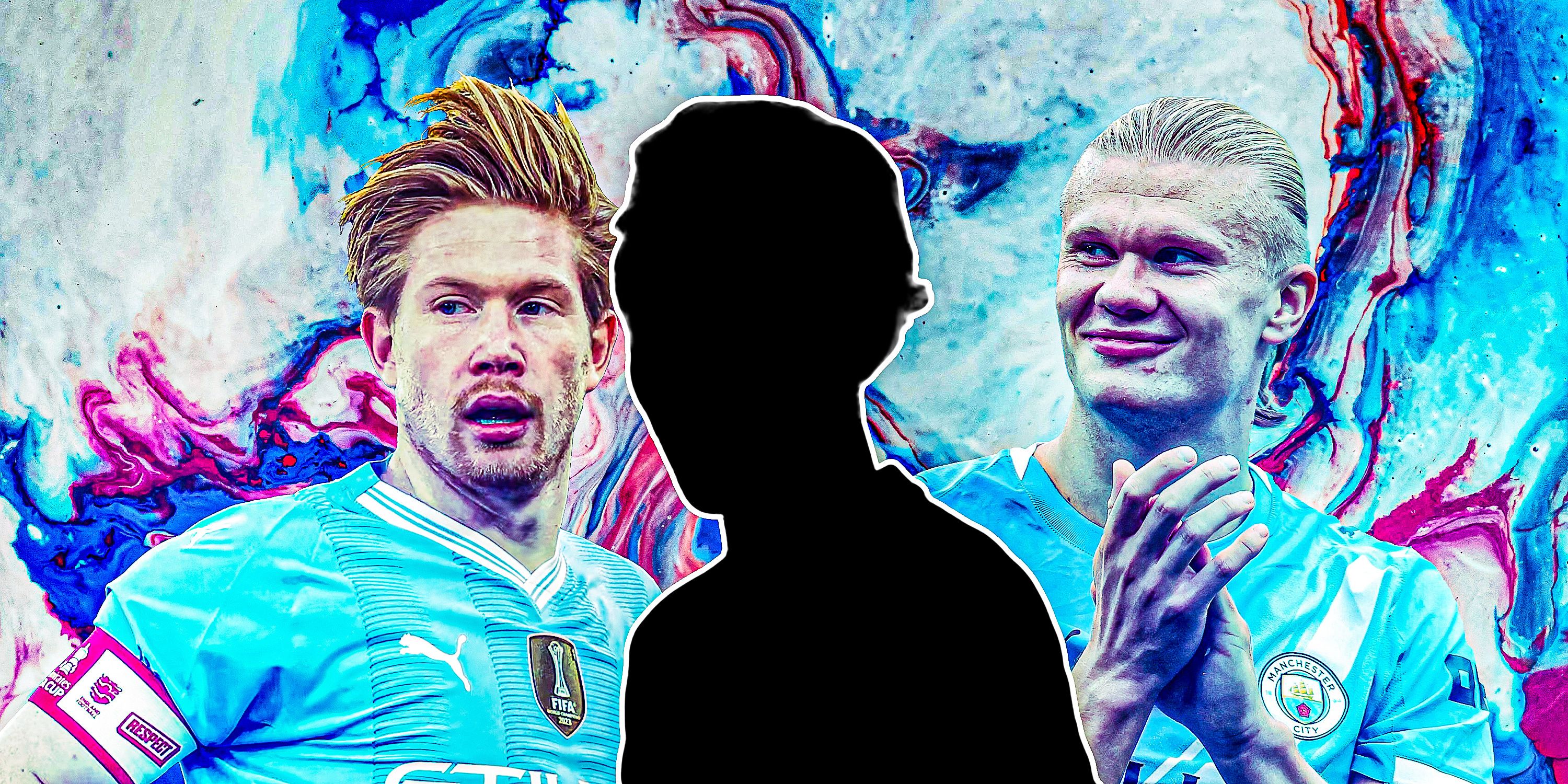
A career in football at the highest level is the stuff of dreams for many. But becoming elite is a tough task for any aspiring young player — and playing in the Premier League is even more difficult.
Sometimes, though, players will walk away from the beautiful game for an alternative career. Former Tottenham goalkeeper Alfie Whiteman made headlines when he hung up his boots to pursue photography, but he is far from the only individual to look beyond the pitch.
The same can be said for Han Willhoft-King. Despite being touted for a successful career in football during spells at Tottenham and Manchester City, he has opted to walk away from the game to study law at Oxford University.
Willhoft-King Spent Time at Tottenham and Man City
Having played for TFA, a grassroots club in London which was also called home by Ethan Nwaneri and Myles Lewis-Skelly, two of Arsenal’s brightest young prospects presently, Willhoft-King joined Tottenham at the age of six. During his time at the north London club, the midfielder was able to learn from one of the best Premier League players in his position, Yaya Toure, who was coaching at the club.
It certainly seemed as though his career was on the right track, with Willhoft-King involved in first-team training under then-manager Antonio Conte. But he struggled with injuries during his scholarship with Spurs, something which played on his mind.
At the same time, the England under-16 international was keen on pursuing his studies. He ultimately decided to go to university in the United States, accepting an offer from UCLA to start in January 2025 and even turning down a contract offer from Spurs.
Hoping to combine his education with aspirations of becoming a footballer, he signed a six-month deal with FC Cincinnati 2, where he would train before his studies commenced. But that opportunity ultimately ended early, as Manchester City made an approach for him in July 2024, which he would go on to accept.
“At that point, the plan was still to go pro and I felt like I’d always regret it if I didn’t join Man City,” Willhoft-King told The Guardian. “I would always say: ‘What if I’d taken that chance?’”
At City, Willhoft-King found himself surrounded by talent in the under-21 team, but also had chances to train alongside the first team. And playing alongside the likes of Erling Haaland and Kevin De Bruyne was an incredible feeling for the 19-year-old.
“Tottenham is a good team but Man City is another level. De Bruyne, Haaland … these are the best players in the world. But you also realise they are normal people. They have a bit of banter, they call each other out for making mistakes. And seeing Pep … he is just so, so animated. The energy he brings, the hand gestures, raising his voice. It’s actually pretty remarkable.”
However, training with the senior team wasn’t as fulfilling as the midfielder might have hoped. A lot of the time, he found himself pressing the senior players, meaning that sessions simply felt like extensive cardio work.
“You would just be pressing,” he said. “We would be running after the ball like dogs for half an hour, 60 minutes. It’s not a very pleasant experience, especially when you are trying to press De Bruyne or Gündogan or Foden. You can’t get near them, so the feeling of not wanting to do this overcomes being starstruck.”
On top of that, injuries persisted. Willhoft-King missed three months of action between September 2024 till January 2025 and by the time he recovered from the knock, he found it impossible to break into the under-21 team, which had built up chemistry.
That, consequently, meant he was at yet another crossroads. Did he pursue a career in football, or focus on an alternative career? In the end, he chose the latter, deciding to apply for university.
After sitting the law national aptitude test, he interviewed at Oxford, one of the most prestigious universities in the world. And, after being offered a place, he elected to swap football for law at Brasenose College.
Elaborating on why he quit the sport, Willhoft-King said that it simply boiled down to not enjoying life on the pitch. He said: “I wasn’t enjoying it. I don’t know what it was, maybe the environment. I’m bored often, as well. You’d train, you’d come home and you wouldn’t really do anything. If you contrast it to now … I’m struggling to find hours in the day. I’m either studying, going out with friends, playing for the university first team, also my college.
“I always felt understimulated in football. Don’t get me wrong. I still loved it. But I always felt I could be doing more. I was wasting hours of the day. I needed something different and Oxford excited me; the people, too. I guess that’s the reason. Injuries were a big factor but that’s the easy answer. I felt I needed something a bit more… mainly intellectually, which sounds quite pretentious. But, yeah.
“Say I had a career in League One or the Championship… you make good money. But how much would I enjoy it? In my head I wasn’t sure. Also, best-case scenario – you’ll play for 10, 15 years and after that, what? I thought going to university would provide a platform for me to do something at least for longer than the next 10 to 15 years. So, it’s a bit of a long-term thing, as well.”